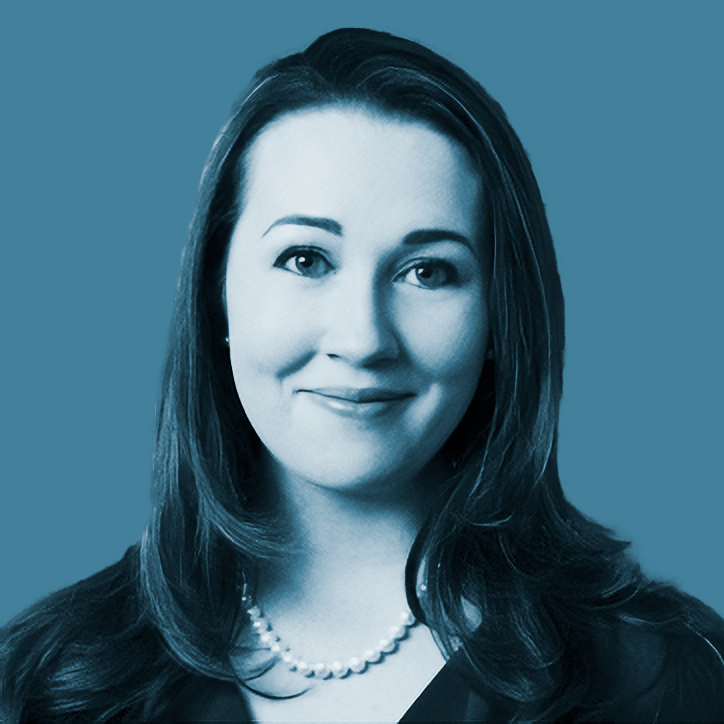Key Terms
- South Carolina nurse mortgages are specifically designed with nurses in mind, featuring little to no money down, no PMI, and an easier approval process to facilitate homeownership for healthcare professionals.
- These mortgages provide substantial financial support such as down payment assistance and competitive interest rates, making it feasible for nurses to purchase homes in an area with rising property values.
- Despite their benefits, nurse mortgages in South Carolina may have limited availability and could require adherence to specific conditions, such as staying in a particular area for a set duration, which could be a drawback for some applicants.
With its temperate climate, including mild winters and warm summers, South Carolina is an attractive place to live. The Palmetto State boasts a beautiful coastline along the Atlantic Ocean with picturesque beaches, such as Hilton Head Island, Myrtle Beach, and Kiawah Island, where residents can enjoy sunbathing, swimming, surfing, and other water sports throughout much of the year.
Overall, the combination of natural beauty, rich history, cultural attractions, outdoor recreation, affordability, and southern hospitality makes South Carolina an appealing spot for home-buying for many individuals, including nurses. According to the Bureau of Labor Statistics, some 54,550 nurses call South Carolina home, including 5,470 nurse practitioners and 48,790 registered nurses, respectively.
Whereas some areas of South Carolina are quite affordable, the beauty and popularity of many areas make them quite expensive. According to the FED, the median listing price of a single-family home in South Carolina is around $358,138.
Can a working nurse in South Carolina become a homeowner? With a nurse mortgage, the answer is a decided ‘yes.’ Designed for working nurses, these programs help with the cost and complexity of buying a new home in the Palmetto State.
How do South Carolina nurse mortgages work?
Applying for a nurse mortgage in South Carolina requires a similar process to applying for a traditional mortgage. However, there are some differences that it’s important to be aware of. Follow these steps to use a nurse mortgage for your own home purchase:
- Research nurse mortgage programs in South Carolina. We’ve done the legwork for this step below! These home loan programs may have unique features and benefits tailored to the needs of nurses like you, such as low down payment requirements, assistance with closing costs, and competitive interest rates.
- Gather your documents, including pay stubs, W-2 forms, bank statements, and tax returns. Additionally, some nurse mortgage programs require documentation specific to nursing employment, such as proof of licensure or employment verification.
- Work with your lender. A nurse mortgage lender understands the unique requirements of the nursing profession and will guide you through the home-buying process.
By following these steps and working closely with a lender who is experienced in nurse mortgage programs, you’ll navigate the process of applying for a nurse mortgage in South Carolina with confidence.
The pros and cons of pursuing a nurse mortgage in South Carolina
Let’s break down the pros and cons of snagging a nurse mortgage.
Pros:
- Nurse-friendly criteria. These mortgages often cut borrowers some slack on things like employment history and multiple job situations. Perfect for those of us who don’t fit the traditional 9-to-5 mold!
- Support to make homeownership more affordable. Some home buying programs offer extras that help nurses afford homes, such as down payment assistance, eligibility for a higher loan amount, or help with closing costs through programs like Homes for Heroes.
- No PMI, no problem. Say goodbye to that pesky private mortgage insurance (PMI) eating away at your paycheck. Nurse mortgages often don’t require a PMI, which means lower monthly payments and more money in your pocket each month.
- More relaxed eligibility requirements to make qualifying easier. Nurse loans often have more flexible credit score requirements, which helps nurses who have a high debt-to-income ratio due to student loans. Showing you have a work history of at least a couple years is often enough to convince loan officers that you’ll be able to make loan repayments. FHA loans are particularly good options for nurses with low credit scores.
- Easy documentation. Who wants paperwork headaches? Nurse mortgages usually simplify paperwork, which is great for us nurses with funky work schedules (like in the case of travel nurses) or side hustles.
- Special perks for nurses. Some nurse assistance programs even throw in cool extras like relocation assistance or loan forgiveness for those doing the good work in underserved areas. It’s like a cherry on top of your homeownership sundae!
- Options for first-time homebuyers looking to purchase and current homeowners looking to refinance alike. As well as using nurse mortgage loans to cover the purchase price of a new primary residence, medical professionals can use nurse mortgages for refinancing a current conventional loan.
Cons? Yes, there are some.
- Limited availability. Nurse mortgages aren’t as widespread as conventional mortgages, meaning you may have fewer options to choose from. It’s like hunting for the perfect pair of scrubs in a store that only stocks one brand! Luckily, we’ve provided you with a list of the best options in SC.
- Special requirements. Some nurse mortgage programs have specific requirements or hoops to jump through, like committing to stay in a certain area for a set period. It’s kind of like agreeing to work a double shift – extra effort for extra benefits!
- Better perks for certain areas. Nurses who decide to live in designated rural areas (including some suburbs) may qualify for a USDA loan and see even better terms.
There you have it – the lowdown on nurse mortgages, complete with their perks and pitfalls. Just like any financial decision, it’s all about weighing the pros and cons to see if it’s the right fit for you.
Nurse mortgages in South Carolina: a case study
Tom and Rebecca had just settled into their careers in nursing and were dreaming of taking the next big step in their lives: buying their first home together. However, like many young couples living in the Columbia area, they soon discovered that navigating the world of real estate and mortgages is often overwhelming – and expensive.
Determined to find a solution, Tom and Rebecca began researching their options and stumbled upon the concept of nurse mortgages. Intrigued by the idea of a mortgage designed specifically for healthcare professionals like themselves, they decided to explore further.
They reached out to a local lender who specialized in nurse mortgage programs and learned all about the benefits of a nurse mortgage – from friendlier eligibility criteria to assistance with closing costs and no private mortgage insurance. Tom and Rebecca felt a sense of relief knowing there was a mortgage option tailored to their unique needs as nurses.
Finally, after a bit of elbow grease and working closely with their lender, they found the perfect place to call their own: a cozy bungalow nestled in a quiet Columbia neighborhood. With the help of their nurse mortgage, they were able to make an offer and secure their dream home.
Looking for a nurse mortgage in a different state?
If you’re looking to explore the best nurse mortgage in other states, click on your state below.














